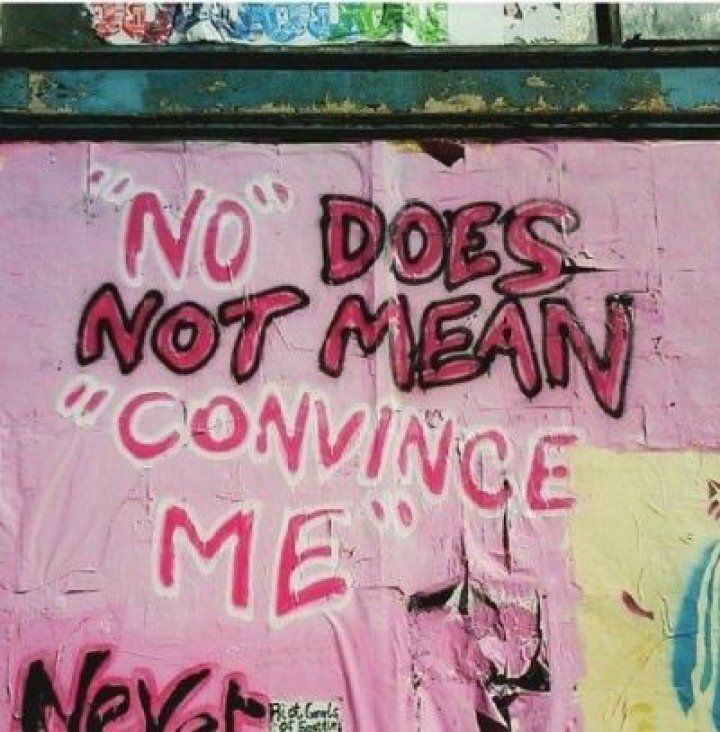Plight Of A Sex Worker.
Jun 18, 2019 • 102 views
Sex has traditionally been viewed as sacred, magical or otherwise special because of its ability to produce life, it has always been an area authoritarians felt especially compelled to enact restrictions upon; being in the patriarchal society sex industry has always been believed to be a service to the male community! We no longer live in a time when power depends upon gender, nor one in which coitus runs an uncontrollable risk of creating unwanted offspring, yet our laws aren't strong enough to protect the dignity of sex workers.
Sex industry is often undervalued, unwaged and feminized and sex work is not treated like ‘any other job’. The stigma attached to it is responsible for the disgrace, a social discrediting, or a spoiled identity.
Sex work, in ancient India, was a part of the Devdasi system which later led to mortifying women. Devadasi meant ‘Servant of God’. Young girls were given in marriage to Gods and would thus perform dance and music in the temples. These women of high social status were later demeaned to the status of sex slaves because the system was seen as a means for poverty-stricken parents to unburden themselves of daughters.
The difference here is that the Devadasis were forced into this lifestyle but sex workers choose this job and expect respect in return. Consent, here, comes from the money paid to the sex worker, failing to pay which is like a breach of contract. It invalidates the worker’s consent.

Unfortunately in India sex workers have to deal with imprisonment, abuse, and vengeance because of the vulnerability. This perpetuates disgrace, violence, and dishonour, which further endanger sex workers’ human rights.
Sex, like other household work, is considered to be one of the services women are traditionally expected to offer for free within the household. Keeping sex work illegal leads to robbery, fraud, rape, or other criminal acts. The criminals realize that such people are unlikely to report the crimes to police, because the victims would have to admit they were involved in the illegal activity of prostitution when the attacks took place, now if it is legal then they will easily go and report this to police.
Sex workers, like most workers, have different emotions about their work. Some sex workers dislike their work but consider it as a source to make money. Some are agnostic about their work but find that it offers flexibility or good pay. And some enjoy the work and find it all around rewarding or fun. Regardless of what sex workers think about their work, they deserve workplace health and safety and human rights.
If selling sex means selling women, it demeans her value to someone just capable of having sex and giving pleasure.

The Immoral Traffic (Prevention) Act in India, criminalises a few aspects of sex work. A prostitute who seduces or solicits shall be prosecuted. Similarly, call girls can not publish phone numbers to the public. A client is guilty of consorting with prostitutes and can be charged along with the sex worker if he engages in sex acts with a sex worker within 200 yards of a public place or "notified area". The client may also be punished if the sex worker is below 18 years of age. Male prostitution is not recognized by any law in India.
The idea is not to promote sex work by removing all the restrictions but to narrow the regulations on it inorder to acclaim this job with due respect and concern.
